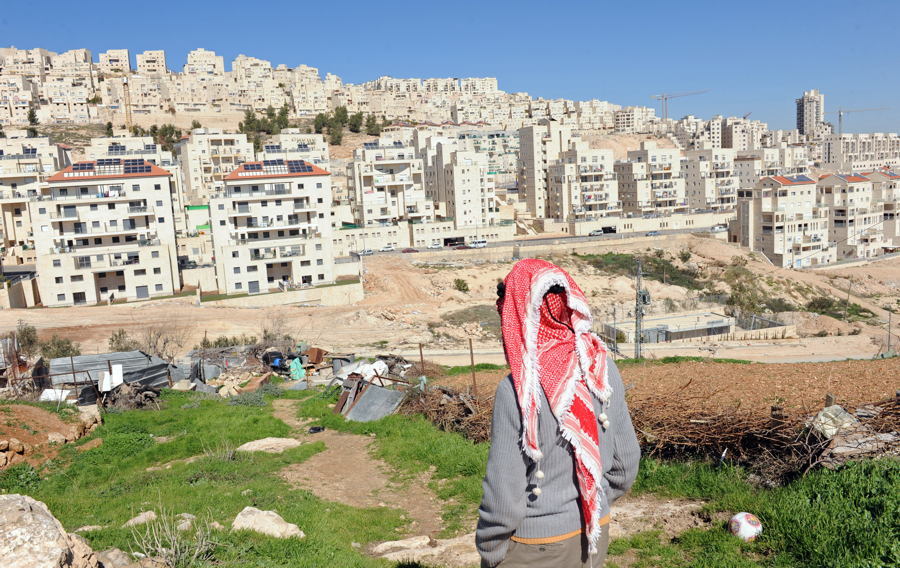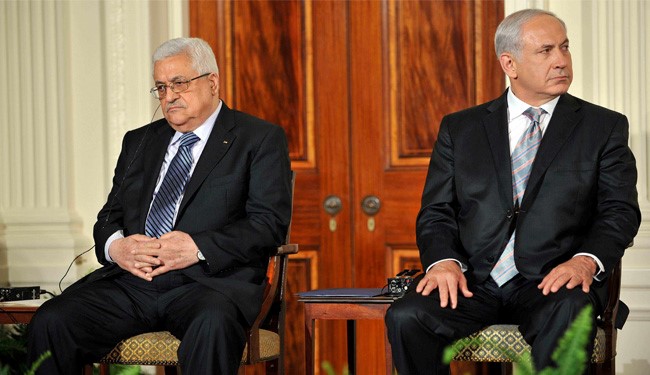By Michael Momayezi
The Israeli-Palestinian conflict is often portrayed as a conflict between two unwavering and vehemently opposed sides unwilling to make concessions. Reports of the recent rise in violence like that of 13 year old Palestinian Ahmed Mansara, who stabbed two Israeli Jews and was subsequently beaten, have strengthened the salience of this polarized perception of the conflict. In one popular narrative of the struggle adopted by many Palestinian supporters, Israel is a unitary actor that seeks domination of Palestinian lands through any means necessary. The reality is, however, that there exists a multitude of opposing voices within the Israeli government, the Israeli public, and even in the global Jewish diaspora when it comes to the way the conflict should be handled and resolved.
The current Prime Minister of Israel Benjamin Netanyahu represents the right-wing Likud party, which currently holds 30 out of 120 seats in the Knesset (the Israeli Parliament). Many of Israel’s actions today in the West Bank are realizations of the Likud party platform. Concerning settlements, which the U.N. Human Rights Council found to be in violation of the Geneva Conventions in 2013, the Likud party’s official platform says that it will “continue to strengthen and develop these communities” as they are a “clear expression of the unassailable right of the Jewish people.” Concerning a Palestinian state, the Likud party views any unilateral declaration of independence as a “fundamental and substantive violation of agreements with the State of Israel.” In his campaign for reelection this March, Netanyahu pledged that he would never allow an independent Palestinian state to exist, veering away from previous statements that he would allow it under certain conditions.
As is common with most extreme rhetoric, that of Netanyahu and the current right-wing government has dominated global media and drowned out other moderate, opposing voices. The Zionist Union, a center-left party with a progressive platform advocating for Palestinian statehood, won 24 seats in the Knesset this past election and serves as Likud’s biggest opposition. Weeks before the March elections, the Zionist Union’s leader Isaac Herzog, Netanyahu’s most formidable opponent, stated that he would “reignite a process with our Palestinian neighbors” if he won. While the party suggests it will not cede currently occupied land to Palestine, it does call for a halt in the construction of new Jewish settlements as well as the “demilitarization of the Palestinian state,” seeking to boost Israel’s international image and end its international isolation through ending Israeli military presence and control of the area.
Even further to the left is the Meretz party, which represents the shrinking secular portion of Israeli society as religious nationalists gain more power in the government and right-wing ideologies become more prominent. The Meretz party currently only holds five seats in the government, reflecting the changing demographics within Israeli society as one that is becoming more conservative and religious. While it too advocates for a two-state solution and the halt of settlement construction, it goes further and supports a program that would give financial incentives for Jewish Israeli residents in the West Bank to leave and return to Israel proper.
Outside of the government, a number of grassroots movements in the Jewish Israeli public as well the global Jewish diaspora are working to show the world the reality of the occupation, indirectly exerting pressure on the Israeli government to modify its actions. One of the most compelling organizations advocating for an end to the occupation of Palestinian territory is Breaking the Silence. Made up of veterans of the Israeli military, it aims to “expose the Israeli public to the reality of everyday life in the Occupied Territories” in which “cases of abuse towards Palestinians, looting, and destruction of property have been the norm for years”. Naturally, the Israeli government does not support such work by NGO’s. It has taken multiple actions to reduce their ability to function, including subjecting politically-charged NGO’s to a 45 percent tax rate on funds obtained from foreign entities.
In a talk at the University of Georgia in November, Breaking the Silence representative Avner Gvaryahu commented on the fragmentation that exists in Israeli politics concerning Palestine: “Israeli society has changed, [it] definitely went more to the right…and we see more and more people not willing to listen; but when you look at the polls, even though [Netanyahu] was elected, there is a part of Israeli society that opposes the occupation…so it’s like any other society, it’s mixed”.
Outside of Israel, views within the Jewish diaspora are just as mixed. A 2013 study of the American Jewish population by the Pew Research Center offers an interesting account of how Jews in the United States feel towards the ongoing conflict. While the Israel lobby is extremely influential in U.S. politics, the Pew Research study shows that this far-right lobby does not necessarily represent the majority of American Jews. It found that only 40 percent of American Jews believe that the land that currently makes up Israel was given to the Jewish people by God, in contrast to the 55 percent of American Christians that believe this. Additionally, 61 percent of American Jews believe that Israel and Palestine can coexist peacefully as two separate states, 44 percent believe that Jewish settlements hurt Israel’s security, and only 21 percent believe that Israel is making a sincere effort to craft a peace settlement with Palestinians.
A similar Pew Research study done in Israel in 2012 echoed much of what was found amongst Jews in America, reporting that 53 percent of Jewish Israelis believed that a peaceful two state solution is possible. In a visit to the University of Georgia in November, the Deputy Consul General of the Israeli Consulate in Atlanta Ron Brummer corroborated this saying, “When you read the polls, the vast majority of Israelis believe that there should be a two-state solution”. Despite this, he added, “today, many Israelis are pessimistic”. Indeed, three years after the Pew Research Study, a poll released in mid-October this year by the Israel Democracy Institute and Tel Aviv University found that 57.1 percent of Arab Israelis and 46.1 percent of Jewish Israelis believe that the two-state solution is dead.
This pessimism towards the prospects of successful negotiations is easily understood when the context of the situation is taken into account. As the Israeli government becomes more right-wing, and polarization and incitement of violence increases on both sides, moderate voices are increasingly being drowned out. With this, the possibility of peace slips farther and farther out of reach. With the failure of negotiations lead by U.S. Secretary of State John Kerry in 2013 and recent outbreaks of violence, the future for peace remains dim. Only time will tell if moderate Israeli voices will grow enough to change the direction of Israeli-Palestinian relations or if Israeli society will continue to shift to the right, pushing the prospects of an agreement further into the future.
Photo Credit: TIP News


